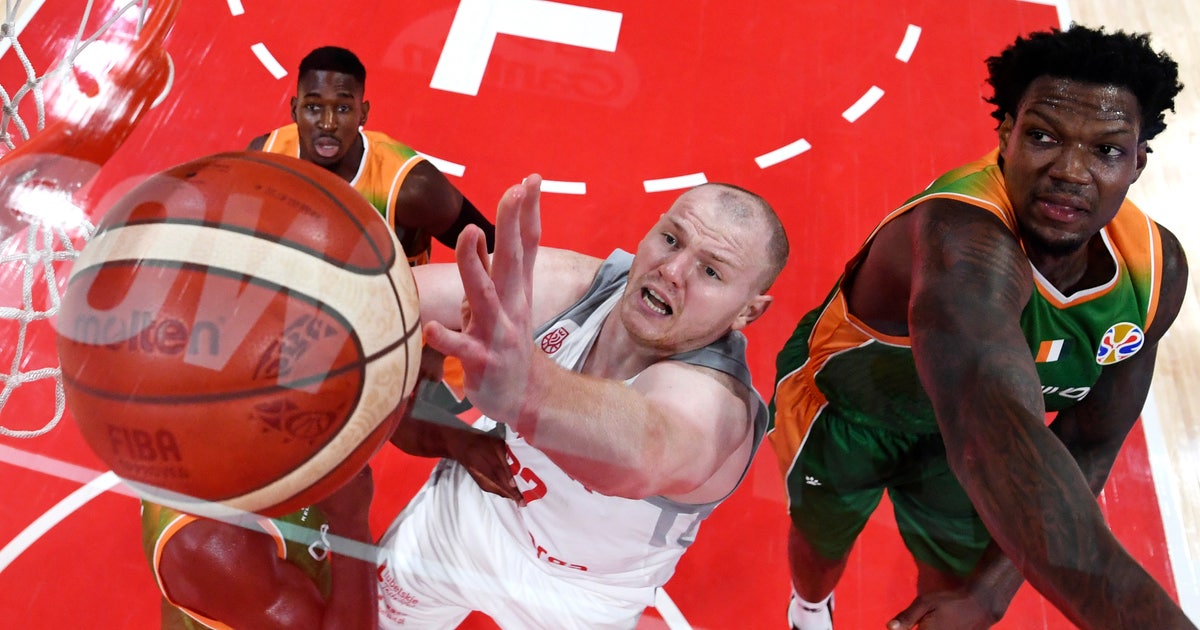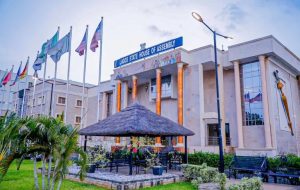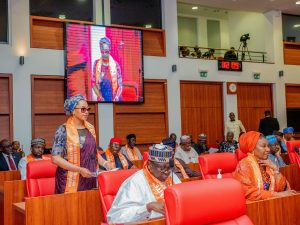World Cup a European, American championship _ with Australia


BEIJING (AP) — The basketball World Cup has turned into a championship of Europe and the Americas — with Australia thrown in from the Oceania region.
Of the original 32-team field, the largest ever in a World Cup, not a single team from Asia or Africa advanced to the 16-team second round. They all landed in the consolation bracket playing off for 17th to 32nd place, far from favorites like Serbia, France or the United States.
Nigeria, with at least three NBA players, lost a couple of early games to Russia and Argentina. It managed to pound South Korea by 42 points, but it was too little, too late.
Tunisia probably had the best chance to make the final 16, which also would have guaranteed it a spot in next year’s Tokyo Olympics as the best team from Africa. Instead, the Tunisians lost to Puerto Rico 67-64 in the deciding game.
China, the host nation, was a giant disappointment. The Chinese played all three group games in Beijing, were drawn in one of the most modest groups of the tournament, and lost to Poland and Venezuela. The only victory was over Ivory Coast.
“Africa is growing. We’re doing a lot better and we’re bridging the gap a little,” Charles Abouo, who played for Ivory Coast at the World Cup, told The Associated Press.
Abouo was born in Abidjan but grew up in the United States — Wisconsin and Utah — after his family emigrated from Africa. He played four years at Brigham Young University and has played professionally in Spain, Qatar and France.
“We’re growing,” Abouo said. “But in Africa we have fewer gyms, we have less access to basketballs and basketball shoes, and less chance to learn the game at a young age. In the United States I was able to start basketball as early as I wanted. Personally, I think if the kids in the Ivory Coast had the chance to move like I did, you would see a different game.”
Ivory Coast coach Paolo Povia, who is Italian, said the problem for teams on the fringe often is continuity.
“There is a difference in experience and knowledge of the game,” Povia said through an interpreter. “I think the development of the game is a little inconsistent. Like with our team, we have guys who have learned how to play the game in different places all around the world.”
Nelson Ventura, a radio journalist from Luanda, Angola, said his country’s national team had only about 10 days to practice with American coach William Voigt before the tournament opened.
“There was not enough practice time, and there are always money problems,” Ventura explained. “Of course, the infrastructure and the lack consistent league competition is an obstacle.”
Yanick Moreira, an Angolan who played at Southern Methodist and has played professionally in Europe, said the intensity of the World Cup matches is unrelenting.
“The World Cup is tough,” he said. “When you’re in a tough group you can’t slip. You have to play hard every game. You can’t take the foot off the gas. You have to pressure from the jump to the end of the game. That’s the reality.”









